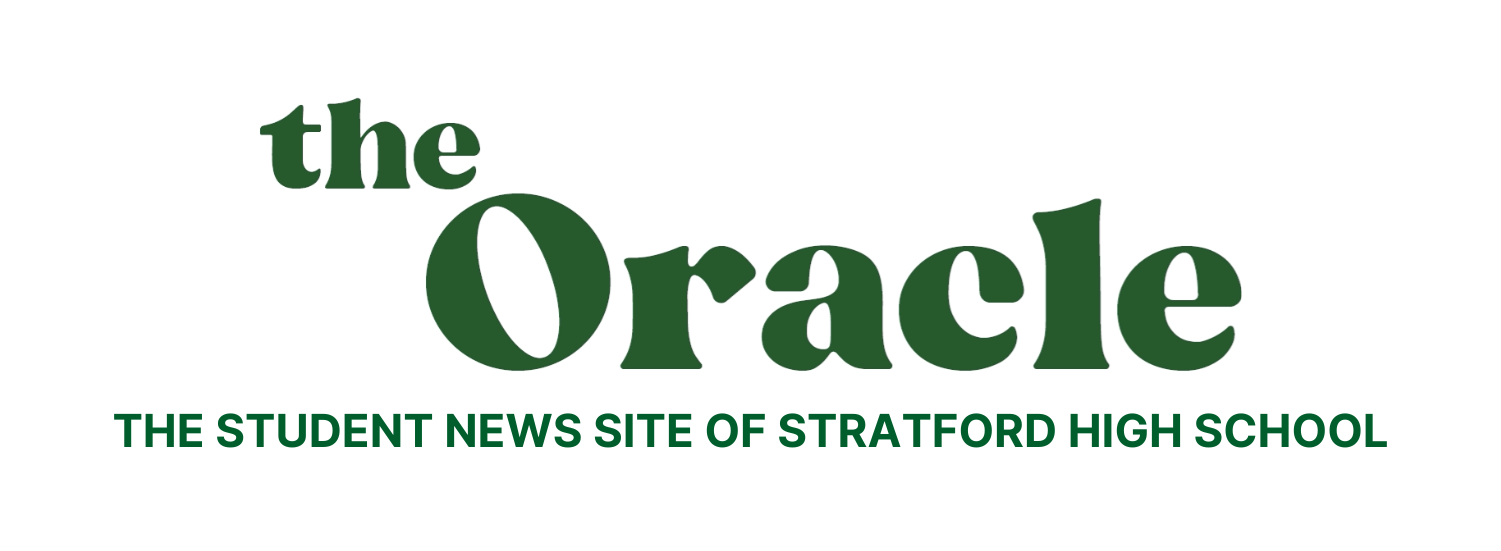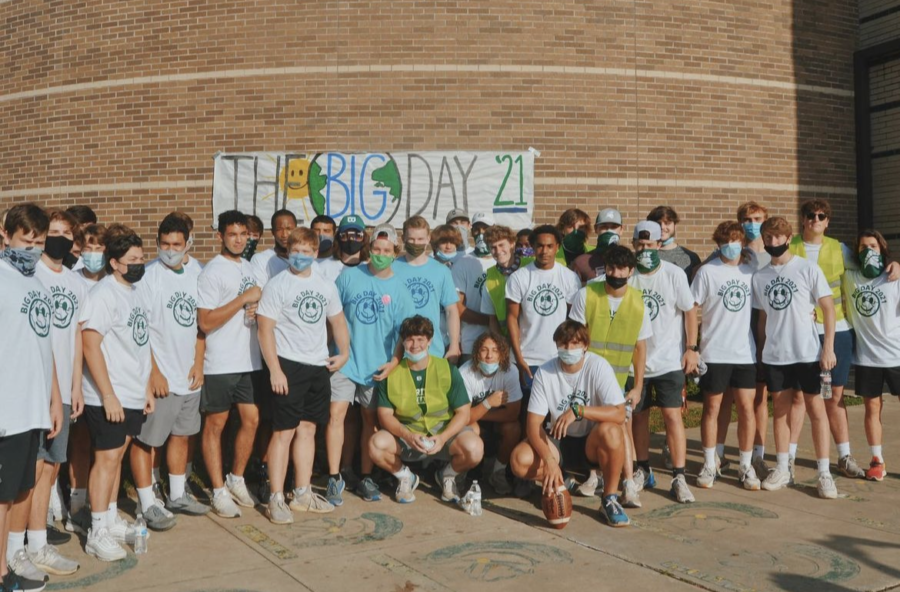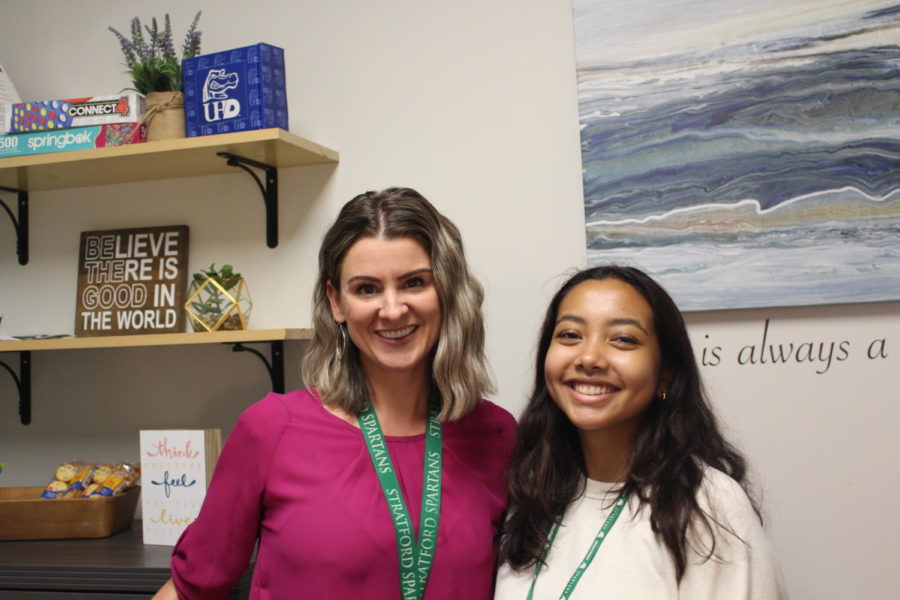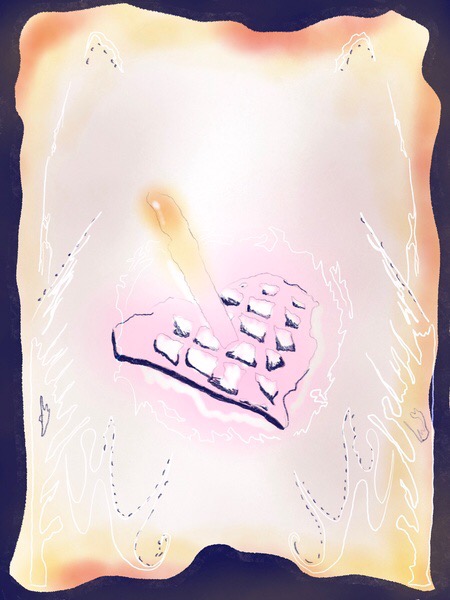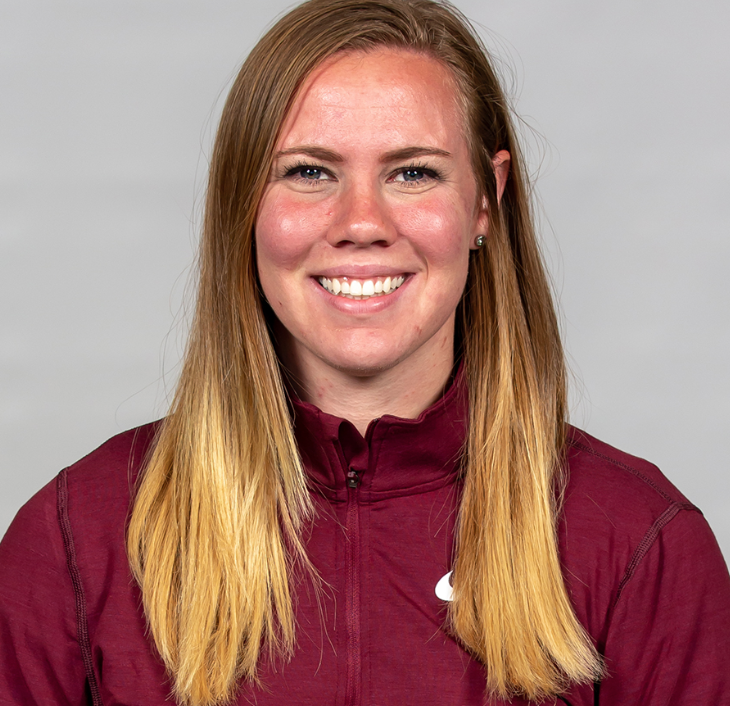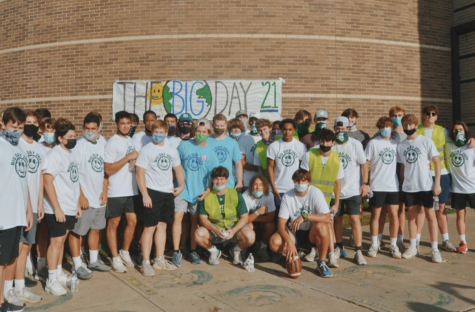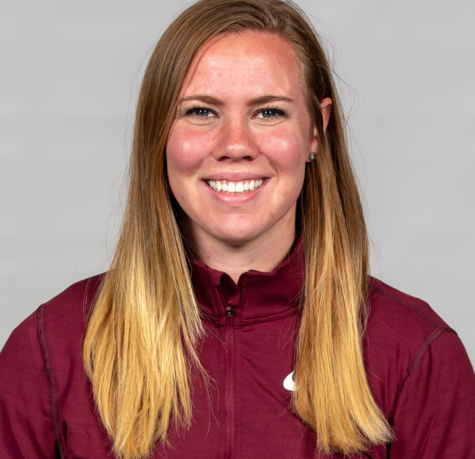Suicide Awareness Month
Ms. Mandy with Emma Manalo in her comfy room. (Caroline Larrabee)
Content warning: This article contains information about suicide, which may trigger some readers. Read with caution.
The American Association of Suicidology started National Suicide Prevention and Awareness Month to help increase awareness, educate the general public and alert people of warning signs they might see within their communities. Additionally, recognizing this critical month helps decrease the stigma surrounding mental health. This awareness helps foster a more supportive community in which individuals may not feel as ashamed to ask for help.
Stratford has two highly qualified social workers: Melody Hall – Ms. Mel – and Mandy Kolbaba – Ms. Mandy.
Ms. Mel has been working in Communities in Schools (CIS) for the past three years, allowing her to work with families and children – a lifelong dream of hers. Ms. Mandy just recently graduated with her master’s degree in August. Despite being new to CIS, Ms. Mandy has quickly adapted to the new environment and is exceptionally welcoming to all students.
Both social workers addressed various reasons why conversations about suicide are imperative.
Ms. Mandy and Ms. Mel concur that awareness is significantly more beneficial than harmful, stating, “It’s never been proven that asking someone about self-harm or suicide has ever caused it. It has always helped.”
Ms. Mel adds that, because of social media, “people are comparing themselves to others at an all-time high, causing a high level of depression.”
They mutually recognize society’s impacts on impressionable teens and thus advocate for increased mental health awareness. Although discussing these sensitive topics is difficult, “showing [individuals] you care and [that] you’ve noticed a difference in them could go a long way.”
Ms. Mandy and Ms. Mel advised on what a student should do when undergoing a mental health crisis, whether or not it’s specifically suicide. Their primary suggestion is to reach out for help from a trusted adult and accept the help. They also add that the newly introduced 988 crisis number also works through text.
“Since teens are so big on texting nowadays, sometimes it’s emotionally hard to reach out verbally and people don’t like to put their feelings to words all the time, they can text and [have someone listen],” they said. “[Operators] just need to get [teens] through that.”
Stratford has made an effort to provide mental health resources for students. As a new addition to the Stratford faculty, Ms. Mandy shares that she was genuinely impressed by how sincerely “all the teachers, administrators, counselors, and people in the clinic support the students.”
They both promote CIS’s Mental Health Fair, which is happening September 27. This fair will host 15 different vendors that “[showcase] the different mental health partners in our surrounding areas.” Partnering with PTSA, both counselors hope that the fair will make “kids aware of the resources available to them.”
Ms. Mandy also addresses potential new mental health training for faculty and students. She compares it to another emergency, saying, “You know you wouldn’t see someone on the ground not breathing and not try CPR or call out for help. It’s the same with mental health. You need to speak up if you see it. We are talking about training the entire school on recognizing when there’s a problem and the channels they have available to them.”
Ms. Mel adds that “from mental health, to resources, to supportive guidance and outside support, we are here for you. Whatever that may look like.”
They conclude with suggestions to the student population on creating a more supportive and aware environment.
Ms. Mel advocates for increased parental involvement and utilizing support groups on campus. “I definitely think there needs to be an increased awareness and also an increased acceptance,” Ms. Mandy responded. “I feel like high school can be a hard place to fit in for everyone. I feel like as we accept each other in whatever differences we may have, high school can be less isolating. It takes effort, though. Even when nobody does anything, then nobody does anything, so that’s isolating. It’s not always bullying; sometimes, it’s ignoring or avoiding. It’s essential that everyone works as a team to accept and include. I think that could change a lot.”
The National Suicide and Crisis Lifeline can be reached by dialing 988.
Your donation will support the student journalists of Stratford High School. Your contribution will allow us to purchase equipment and cover our annual website hosting costs.
